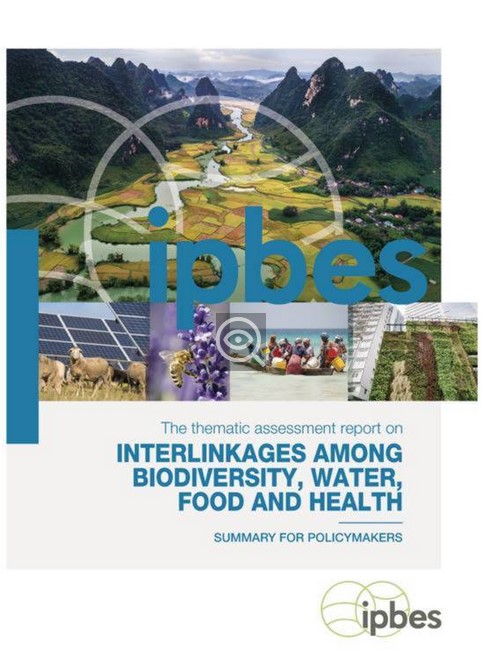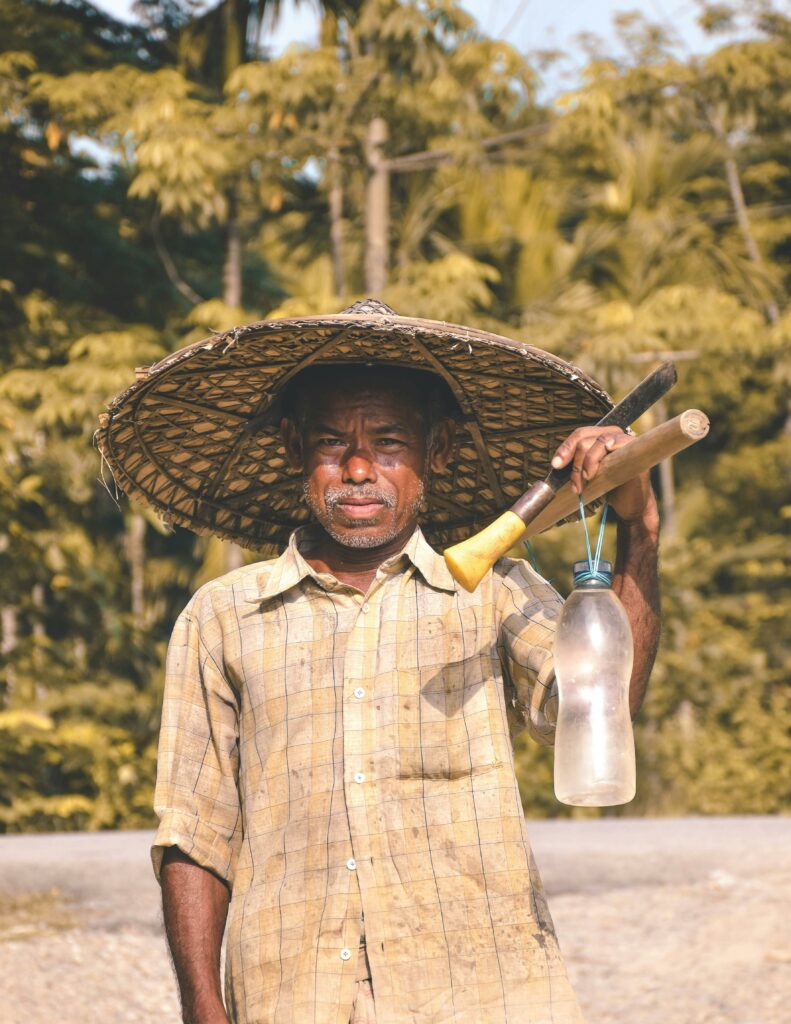Balancing technology with human solutions for effective supply chain transparency and traceability beyond tier 1 suppliers
Category Archives: Human Rights
Discover how Sutti’s EU-Indonesia trade model creates sustainable supply chains, generating €25 local value per €1 invested over 10 years
CSDDD amendments explained: How Ksapa helps companies navigate simplified requirements while ensuring robust human rights compliance
Learn field-tested solutions for community engagement in conflict zones, drawing from Ksapa’s experience in infrastructure, mining.
Discover how genuine DEI initiatives drive business performance and why superficial approaches fail to deliver meaningful results
Learn how SUTTI’s digital platform enables workers to drive real progress on living wages, recruitment, and discrimination in supply chains
IPBES report reveals urgent crisis in food-nature-health systems, highlighting critical need for integrated solutions to protect our future
How Meta’s moderation rollback reveals a pattern of corporate greenwashing and why turbulent times help expose empty social promises
Feedback from the 13th United Nations Forum on Business and Human Rights, reinforcing the role of this discipline. Key findings.
Discover proven strategies to boost digital tool adoption among smallholder farmers, driving sustainable agriculture and sourcing.









